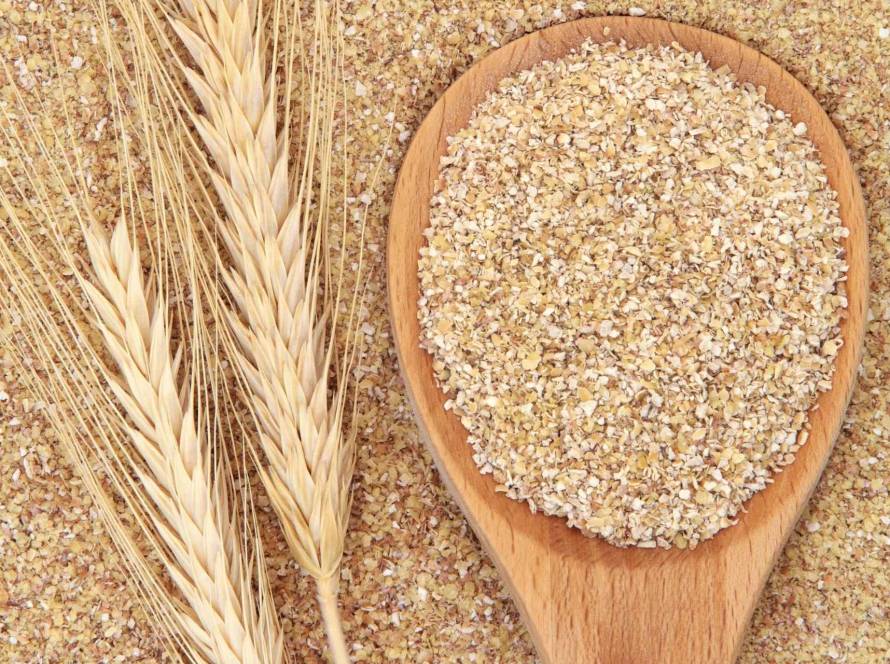Vitamin E is a fat-soluble antioxidant that plays a crucial role in protecting cells from oxidative damage and supporting various bodily functions. This essential nutrient is primarily obtained through dietary sources, including nuts, seeds and plant oils, and is also available in supplement form.
The following sections delve into the scientifically backed benefits of vitamin E, highlighting its importance for overall health and longevity.
Protects cells from oxidative stress
Vitamin E is renowned for its ability to neutralize free radicals, which are unstable molecules that can cause cellular damage. This antioxidant property is vital in mitigating oxidative stress, a condition linked to numerous chronic diseases and the aging process.
- Mechanism of action: vitamin E donates electrons to free radicals, effectively stabilizing them and preventing further cellular damage. This action helps maintain the integrity of cell membranes and reduces the risk of chronic diseases such as cancer and cardiovascular issues;
- Research insights: studies have shown that adequate vitamin E intake can lower the incidence of oxidative stress-related diseases. For instance, a review highlighted the protective effects of vitamin E against oxidative damage in various tissues.
Supports skin health and repair
Vitamin E is widely recognized for its beneficial effects on skin health. It promotes healing and regeneration of skin tissue, making it a popular ingredient in topical treatments.
- Healing properties: vitamin E aids in the healing of scars, burns and dryness by enhancing skin barrier function and reducing inflammation. Its antioxidant properties also help combat the effects of UV radiation, which can lead to premature aging;
- Anti-aging effects: research indicates that vitamin E may reduce signs of aging, such as wrinkles and sun damage. A recent study found that topical application of vitamin E improved skin hydration and elasticity.
Strengthens the immune system
Vitamin E plays a significant role in maintaining immune function, particularly in older adults. It helps enhance the activity of immune cells, thereby improving the body’s ability to fight infections.
- Immune cell function: adequate levels of vitamin E are essential for the optimal functioning of T-cells and other immune components. This is particularly important as the immune system tends to weaken with age;
- Research findings: a study published in The American Journal of Clinical Nutrition demonstrated that vitamin E supplementation improved immune response in elderly participants, suggesting its potential to enhance resistance to infections.
Contributes to eye health
Vitamin E is also linked to eye health, particularly in protecting against age-related conditions. Its antioxidant properties help shield eye cells from oxidative damage.
- Protection against macular degeneration: research suggests that vitamin E, when combined with other nutrients, may slow the progression of age-related macular degeneration (AMD), a leading cause of vision loss in older adults;
- Supporting studies: a clinical trial published in Archives of Ophthalmology found that participants who consumed higher amounts of vitamin E had a lower risk of developing AMD compared to those with lower intake levels.
Supports cardiovascular health
The cardiovascular system benefits from vitamin E’s ability to reduce oxidative stress on blood vessels. This nutrient may help maintain healthy circulation and reduce inflammation.
- Mechanisms of action: vitamin E helps prevent the oxidation of low-density lipoprotein (LDL) cholesterol, a process that contributes to atherosclerosis. By inhibiting this oxidation, vitamin E may reduce the risk of heart disease;
- Mixed research results: while some studies indicate a positive correlation between vitamin E intake and cardiovascular health, others have shown mixed results. A meta-analysis in New England Journal of Medicine suggested that high-dose vitamin E supplementation may not significantly reduce cardiovascular events.
Plays a role in hormonal and reproductive health
Vitamin E is involved in hormone production and may support reproductive health in both men and women. Its antioxidant properties can also alleviate symptoms associated with hormonal fluctuations.
- Fertility support: research indicates that vitamin E may improve sperm quality in men and support overall reproductive health in women. It has been studied for its potential to ease premenstrual syndrome (PMS) symptoms;
- Supporting evidence: a study in Fertility and Sterility found that vitamin E supplementation improved sperm motility and overall reproductive function in male participants.
Supports brain and cognitive function
Vitamin E’s antioxidant protection extends to the brain, where it helps shield neurons from oxidative damage. This is particularly relevant in the context of cognitive decline associated with aging.
- Cognitive health: adequate vitamin E intake has been linked to slower cognitive decline in older adults. Its role in protecting brain cells from oxidative stress may contribute to improved memory and cognitive function;
- Research Insights: a longitudinal study published in The Archives of Neurology found that higher dietary intake of vitamin E was associated with a reduced risk of Alzheimer’s disease and other forms of dementia.
Vitamin E and supplementation
While vitamin E is primarily obtained through diet, supplementation can be beneficial, especially for individuals with low dietary intake or specific health conditions.
- Supplement forms: vitamin E supplements are available in various forms, including tocopherols and tocotrienols. The most common form is alpha-tocopherol, which is often recommended for supplementation;
- Dosage recommendations: the recommended dietary allowance (RDA) for vitamin E varies by age and gender. Adults typically require about 15 mg (22.4 IU) per day. However, individuals considering supplementation should consult healthcare professionals to determine appropriate dosages.
Consequences of vitamin E deficiency
Although vitamin E deficiency is rare, it can lead to several health issues, particularly affecting the nervous system and immune function.
- Symptoms of deficiency: low levels of vitamin E can result in neurological problems, such as muscle weakness and impaired coordination. It may also compromise immune response, increasing susceptibility to infections;
- At-risk populations: individuals with malabsorption disorders, certain genetic conditions, or those on very low-fat diets may be at higher risk for vitamin E deficiency. Regular monitoring and dietary adjustments are essential for these groups.
Vitamin E plays a multifaceted role in promoting health and longevity. Its antioxidant properties protect cells from damage, support immune function and contribute to skin, eye, cardiovascular, hormonal and cognitive health.
While deficiency is uncommon, ensuring adequate intake through diet or supplements is crucial for maintaining overall well-being, particularly in older adults. Embracing a diet rich in vitamin E can enhance resilience and vitality, paving the way for a healthier, longer life.


